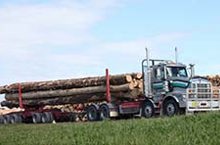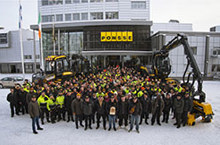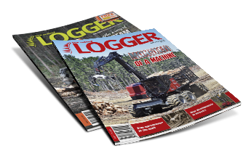
Exotic forestry species and indigenous tree species need to be produced at scale if New Zealand is to meet its zero carbon commitments. Ensuring a high rate of germination success is crucial to reduce plant costs for landowners and improve the efficiency of propagation.
Using next generation technology including machine learning tools for germination success prediction, Scion is transforming the way somatic embryos are matured, selected and germinated. Somatic embryos are formed from plant cells that are not normally involved in the development of embryos, i.e. ordinary plant tissue.
Machine learning is a type of artificial intelligence that allows software applications to become more accurate at predicting outcomes without being explicitly programmed to do so. Machine learning algorithms use historical data as input to predict new output values.
An algorithm developed by Scion quantifies the morphological (shape) characteristics of embryos and uses these measurements to predict germination success. This work has helped advance scientific knowledge of radiata pine embryo development.
Typically, laboratory technicians select embryos based on observed morphological features that affect germination success. The developed algorithm is a more precise predictor of germination success since it automatically measures significantly more morphological features than can be detected by the human eye. The algorithm was tested on nearly 500 radiata pine somatic embryos and achieved a high degree of prediction of germination success.










